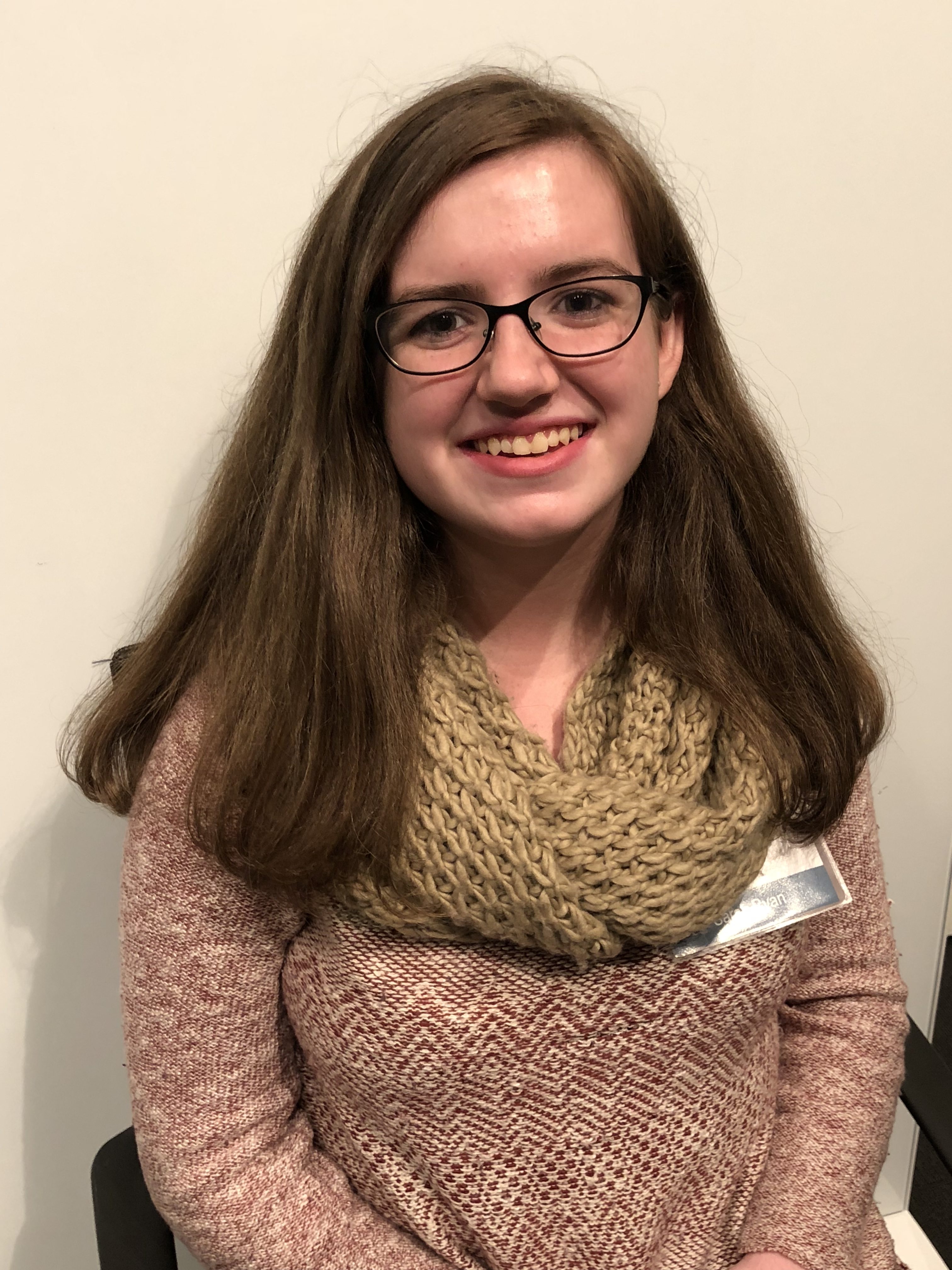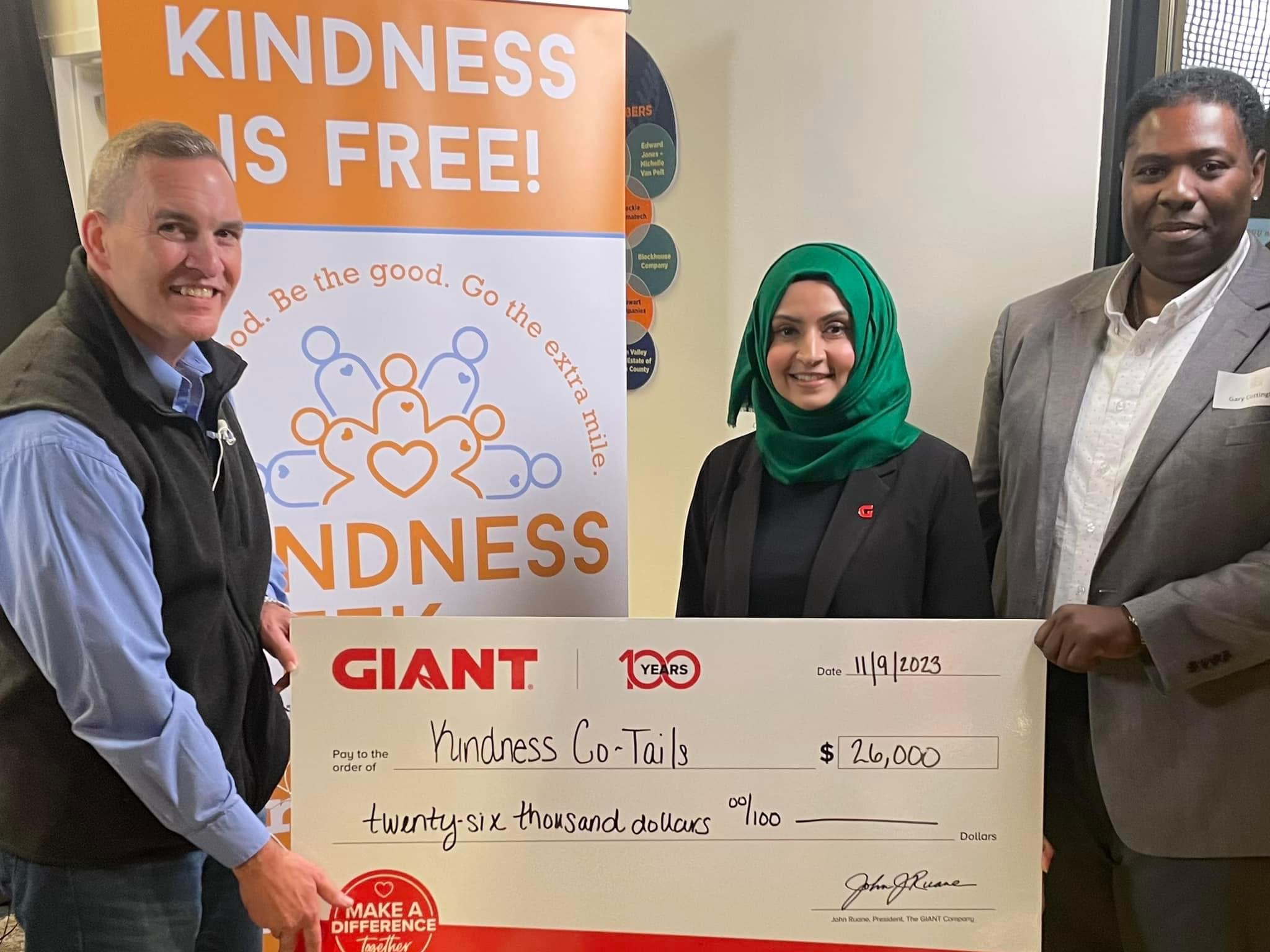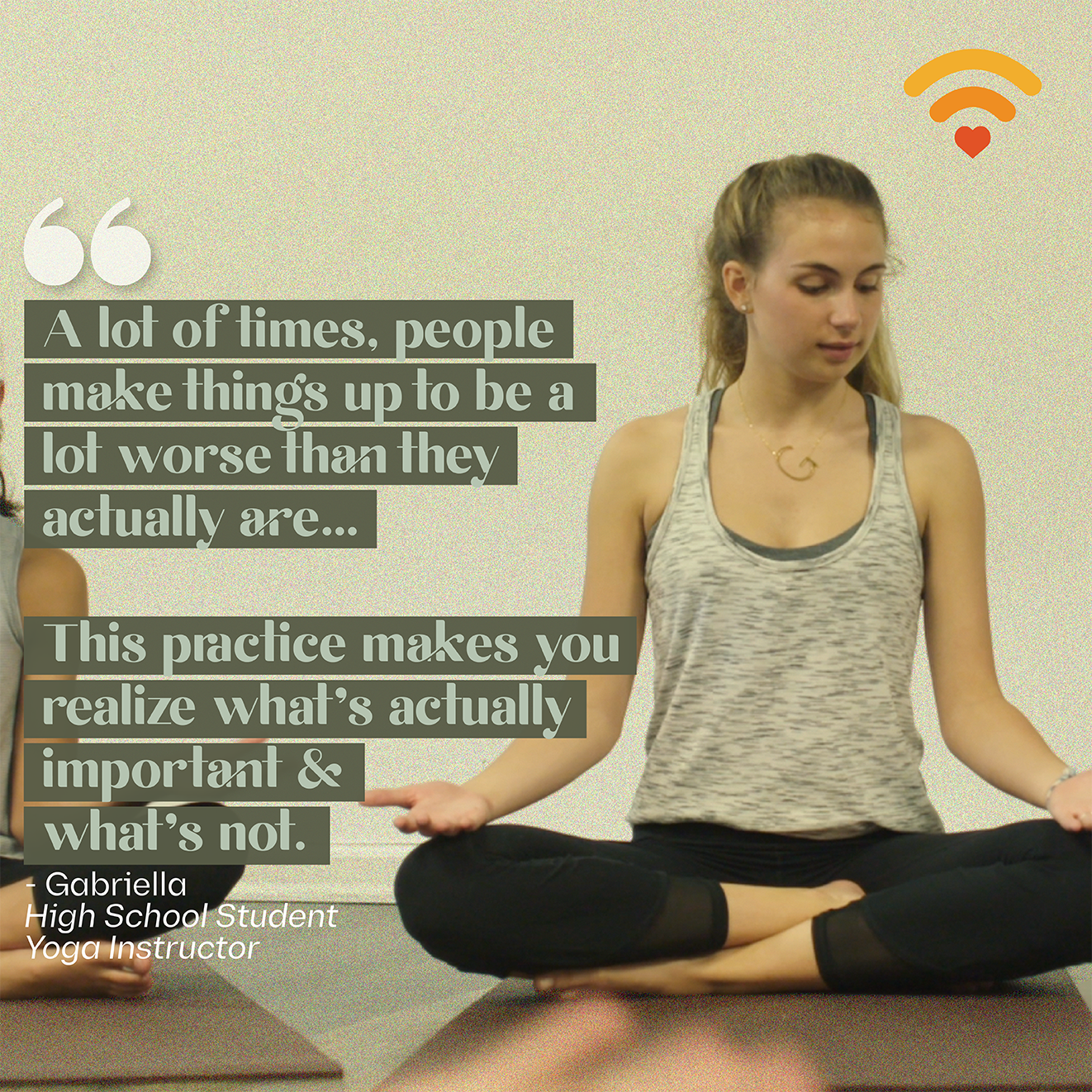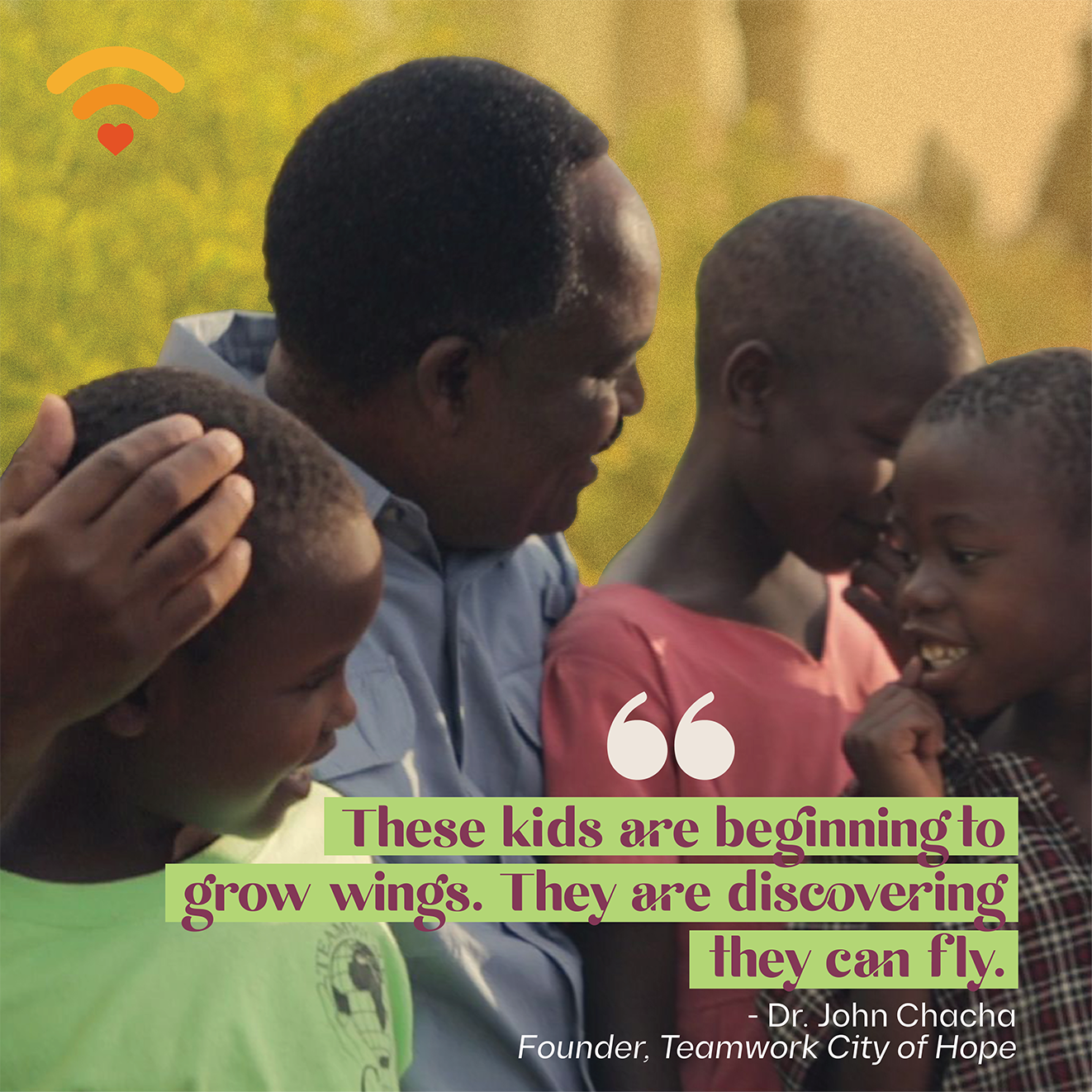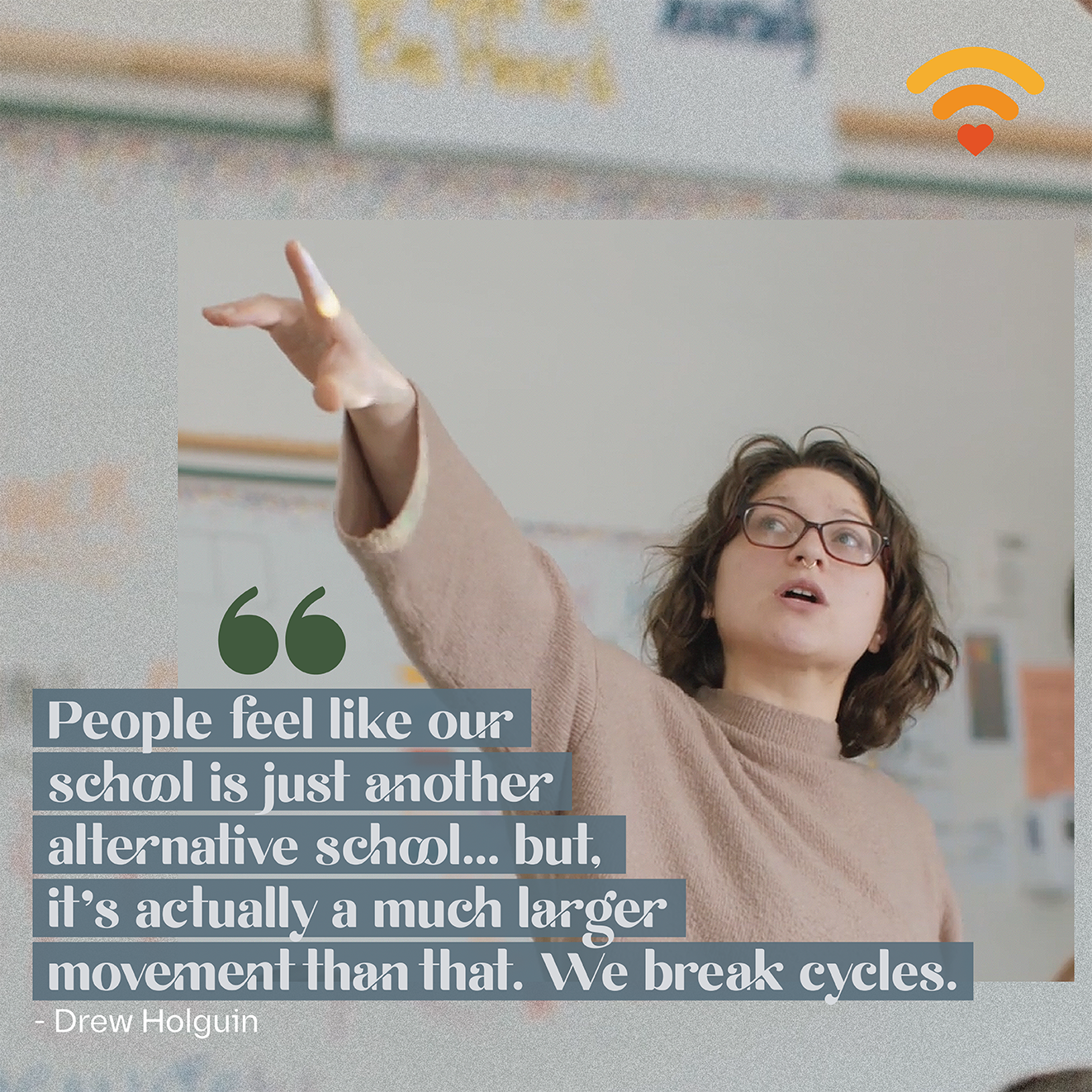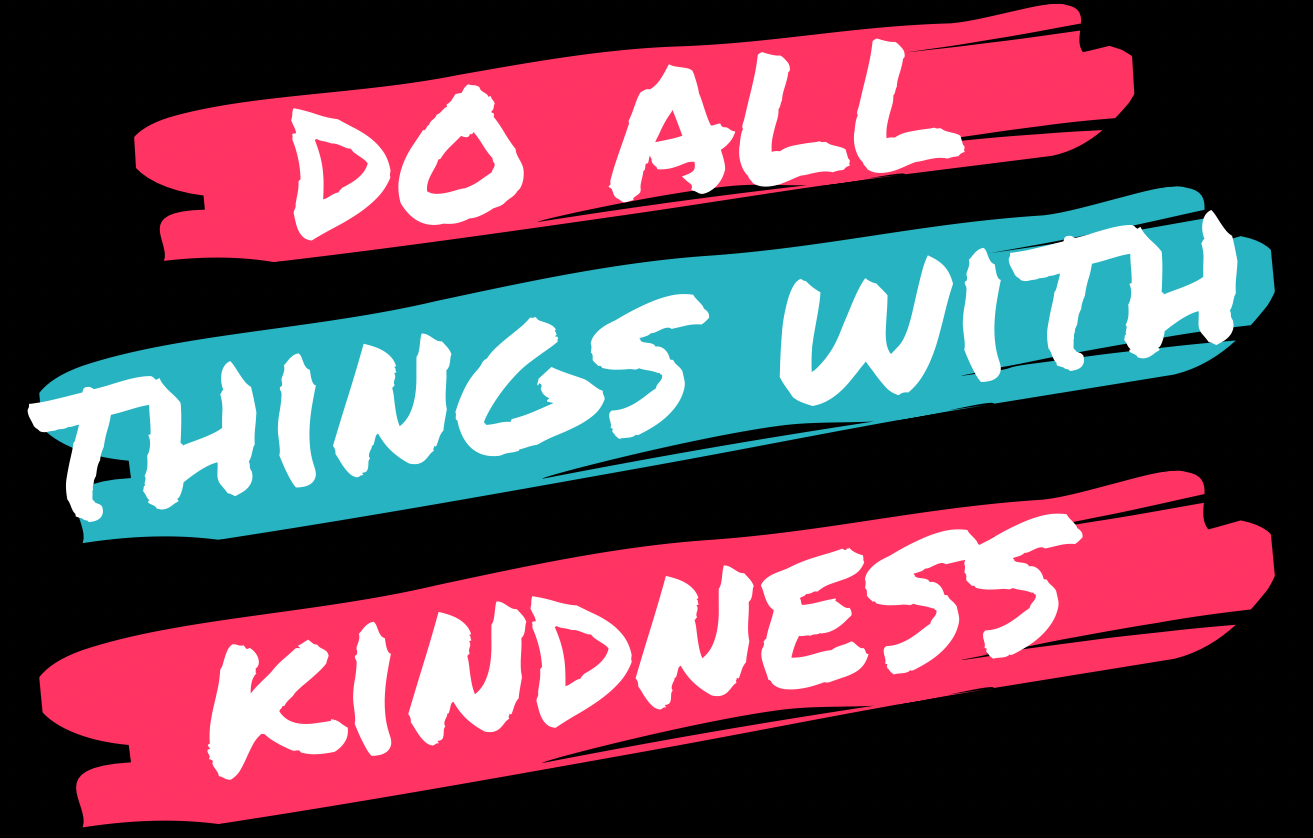I have always been the kind of person who wanted to make a difference, but I’ve never known exactly what that meant. My parents taught me to treat others with kindness, my schools taught me to work hard and be successful, my world taught me that there was so much change that needed to be made. I believed in that. I have always wanted to be a part of that.
I think I was 14 the first time I started to describe myself as an activist – around the end of middle school or beginning of high school. I had started to throw myself into different community service projects with our civics club, the junior honor society, and, most notably, The 84 Movement. I wanted to see change in our world, but I still didn’t feel like I was good enough to be a part of that.
With The 84 Movement, I became part of a team of youth leaders fighting for tobacco control and prevention in my state. I learned how to facilitate trainings, how to present at convenings, how to lead a movement. I would go on to do work at the national level, with the Truth Initiative and Campaign for Tobacco-Free Kids. I would see changes made in public hearings, I would see proposed legislation becoming the reality. I would be proud of the work that I’d done for our generation.
Regardless of all of this, I still wouldn’t quite feel good enough. I always described myself as anxious – the anxious activist. My hands shook when I spoke. I stuttered my way through speeches. I had a hard time speaking to one person, let alone one hundred. But, as they say, I decided to “feel the fear and do it anyway.”
This actually became a part of my identity in the activist space. I was the girl who talked about her anxiety. I would give speeches about it – telling others “use your voice, even if it shakes.” I said that it didn’t matter how anxious you were because the passion was really what mattered. We could make change anyway. If I could do it, they could do it too… right?
Now, beginning my sophomore year of college in a pandemic, I’m left with even more questions about what it means to make a difference than I had before. I have a thousand worries about the advice I gave, the way I encouraged people to make change. I still believe that there is nothing particularly special about me. My accomplishments were always shared, part of a larger movement. My voice was no stronger than the others – our collective power was always what made the biggest difference.
My issue, though, is with the fact that I always said our anxiety didn’t matter. I insisted that this was true – that people weren’t paying attention to our shaky hands or our nervous tones, because the words we were saying was what really made the difference.
This a complicated thing to explain, because I still see the truth in that. I still think that my voice was heard regardless. But saying that my anxiety didn’t matter? That never has been and never will be the case.
I was having panic attacks on plane rides down to D.C. I was crying to my high school teachers between interviews with the national news. I was sleeping three or four hours each night, fueling my body with just enough caffeine to get through the day. I told myself that it didn’t matter. It didn’t matter, because I was making a difference. Because those changes were being made.
But it always mattered – for me and for the people I was working alongside. If I’d taken time to rest, I could’ve had more brain space to engage in conversations. If I had said no to commitments I couldn’t handle, I would’ve been able to give more to the ones I’d already made. If I’d been honest about how much I was struggling, I would’ve been more authentic with the other teens I was reaching out to. I would’ve been able to share my humanness, instead of hiding behind a character I’d created, feeling like a fraud.
I try not to hold on to the regrets I have about this time in my life. I had the best of intentions with the things I did and the advice I shared. Still, I now value authenticity far more than the “inspirational” story I shared about living with anxiety. My mental health issues haven’t been something to overcome as much as they have been something to survive, and I think that’s okay. Being honest about the hard moments are how we find comfort in one another and healing, regardless of how we feel about it, will never be linear.




